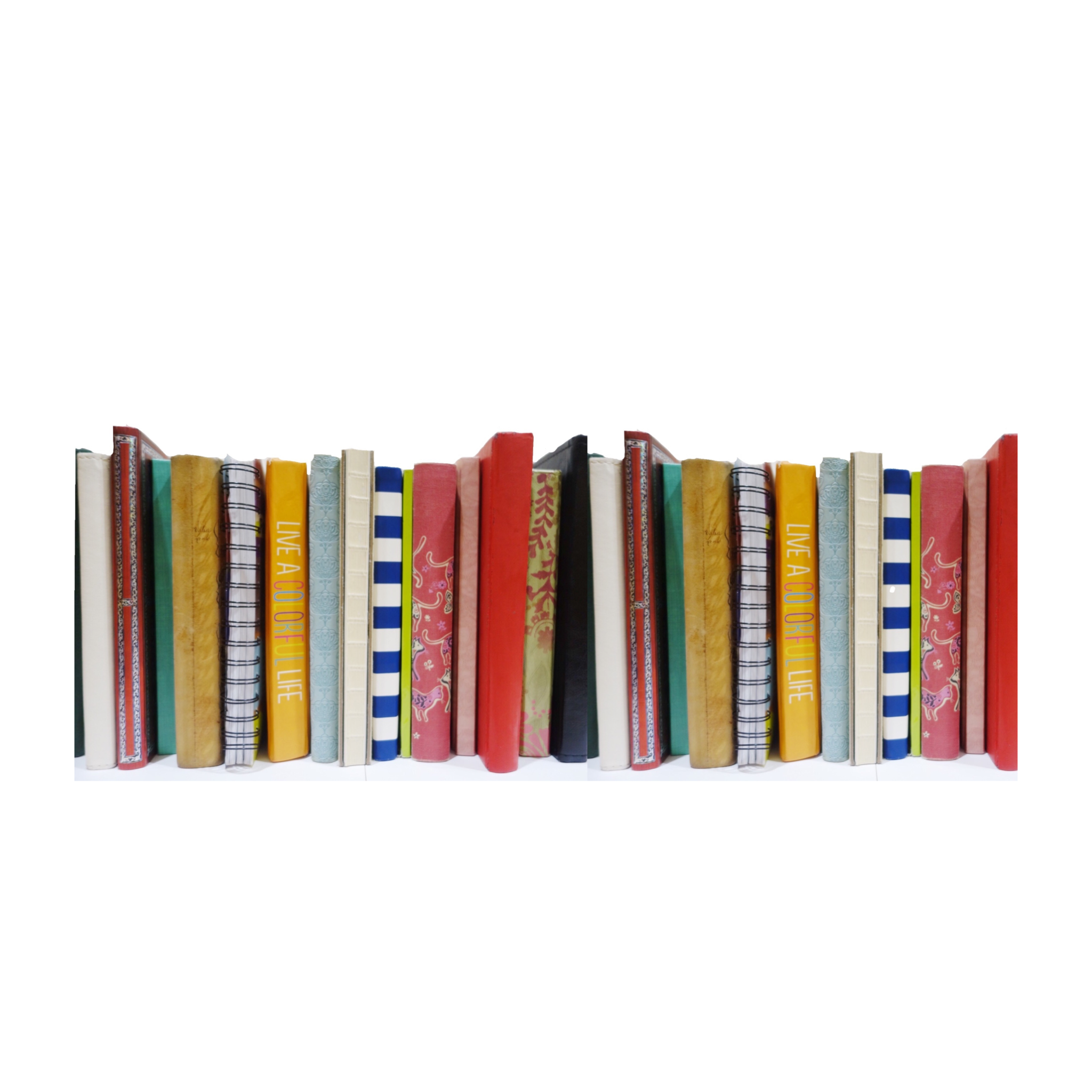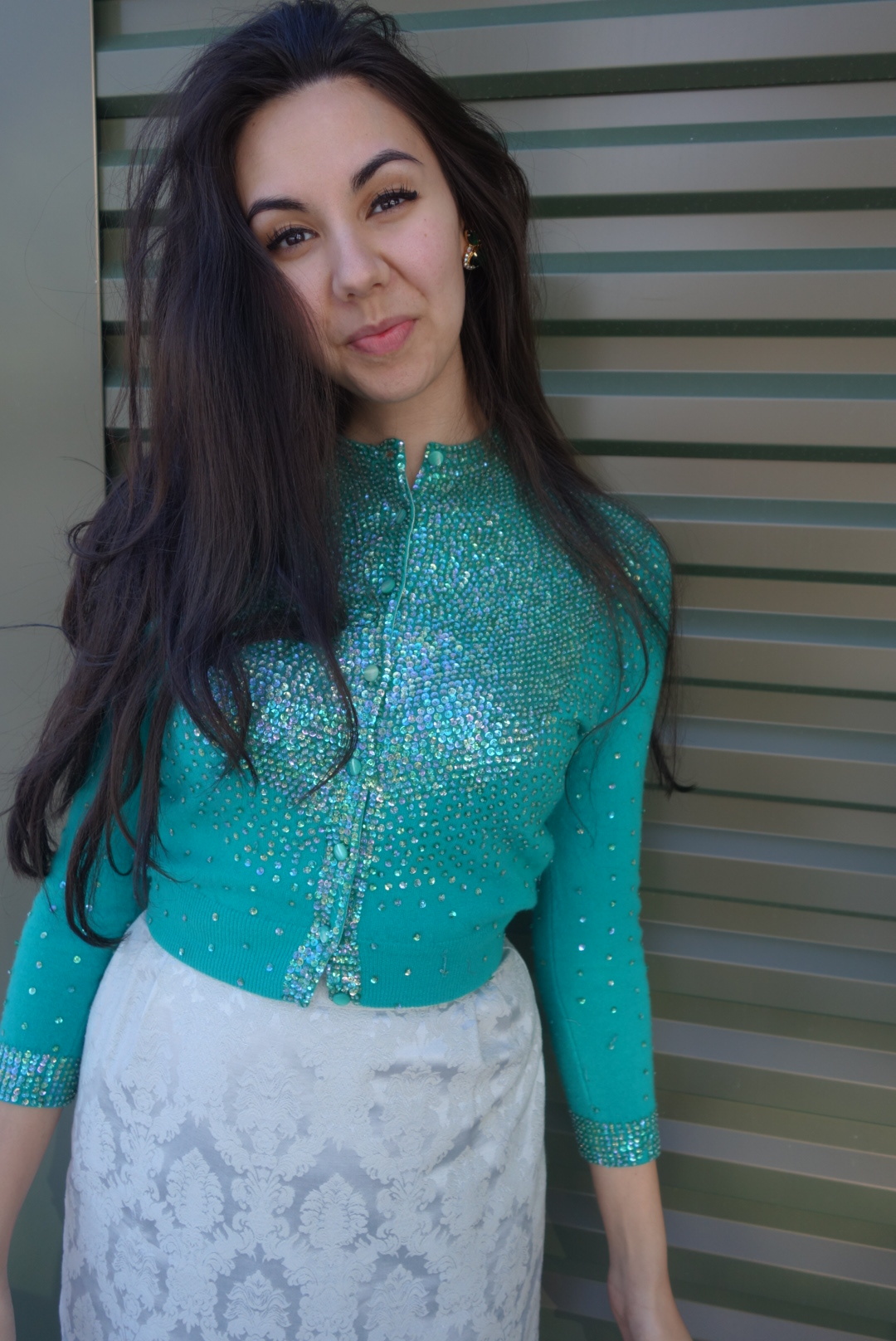Cabin Fever.
It’s been awhile since I had a good laugh, and the other morning, I got one.
I was talking to a lower 48er, complaining about cabin fever and its dreadful effects and this is how he responds:
You live in a cabin?
After the initial feeling of being completely and utterly dumbfounded, I then gave a chuckle because it was such a naive response, but honestly so fitting to someone who’s never experienced Alaska’s cold, dark, and looooooong winters.
Ask any Alaskan what makes a true Alaskan and aside from the obvious they gotta love the great outdoors they might also tell you that surviving a winter up north means you’re well on your way.
Doesn’t sound terribly difficult, right? So what is it about winters up here that set such a high bar to establish being a true Alaskan resident?
To start, they’re not for the faint of heart.
From October to March, we endure five months of cold and dark.
Coming off the highs of summer, our 18hrs of sunlight a day drop drastically down to 5hrs of daylight a day. The bustling river so affluent with fishermen typically freezes up, our influx of tourists scatter to warmer weather down south, and we remaining Alaskans bundle up and prepare for the many long months ahead.
Sure, there’s skiing, snowshoeing, ice fishing, and walking, but for those of us not entirely comfortable with freezing our limbs off, there remains a lot of Alaskans who coop up indoors.
Though I live in a more moderate climate off the coast of southcentral Alaska, I’m starting to feel what many Alaskans dub “cabin fever.”
Cabin fever is a noun described as having irritability, listlessness, and similar symptoms resulting from long confinement or isolation indoors during the winter.
What’s interesting is that in all of my years in Alaska, I’ve never felt the symptoms of cabin fever. Sure, I’ve read about it, coupled with statistics for depression, suicide, and rises in domestic violence, but I never understood what it means to get cabin fever.
Things like school, dance, vacations, and work always kept me occupied and it wasn’t until this year that I felt what can be a serious problem in the dark winter months.
After the hustle of the holidays, the pace of life slowed down for me, as if does for many Alaskans. Since about mid January, I noticed myself retreating into hard core hibernation mode, body preparing for the long winter (which essentially brought on a craving for fats and sweets).
See, after Christmas, I was hit with this sudden drop of inertia. Bouts of loneliness crept in, I became consumed with periods of self-doubt and low self-esteem, and the itch to get out of Alaska clawed its way to the forefront of all of my thoughts. It was like a weighted blanket draped itself over my body and kept me laden with heaviness.
Cooped up indoors, my tan skin faded, my thoughts turned dour, my social life seemed like too much of a chore, and I wracked my brain trying to figure out where all of these maddeningly depressing thoughts were coming from and how to stop them.
And then it hit me.
With all of this ample time that would normally be spent outdoors and in the sun, I found myself doing a lot of staying inside and letting my mind wander.
This can be good, sparking creativity and inspiring me to focus on things I would otherwise put off in the busy summer months, or it can be bad. Like the winter sun, I find myself retreating indoors and therefore, into myself, so far into myself that there’s no longer light.
And the latter is definitely happening.
Despite being a victim of cabin fever (as evidenced by my heightened sensitivity, ever present loneliness, sliding into comparative mode whenever I log onto social media, grumpiness at my stagnancy and inability to do anything about it, my exhaustion and weakness, and my deeply rooted heartache that’s chained its way throughout my body), I’ve already started the process of healing from it, simply by admitting that I do, in fact, have cabin fever.
I know its cheesy and ever so cliche to say that the first step to fix a problem is to acknowledge it’s there; but in all honesty, coming face to face with whatever’s plaguing me and simply greeting it point blank really does make my situation real; and therefore, fixable.
Instead of denying that I had any problems, I decided to look into the probable causes of my sudden drop in mood.
I found myself reading on a casual weekday and in my new book, You’re Not Lost by Maxie McCoy, I found an excerpt that resonated deep within me.
It was in a section called “sit in my shit” (how could I not continue reading) and the author talked about sitting down and feeling what was going on. That instead of asking how to fix the problem, we should be asking why we’re feeling it in the first place.
Essentially, once we know the root of our problem, we find the confidence to do what we need to do because we have an awareness of what we’re feeling.
Problem? Solution.
Pretty simple change in perspective, but it made a hell of an impression on me.
So I asked myself some questions:
Why do I feel weak? Why am I insecure? Why am I lonely?
I knew cabin fever was to blame, but I didn’t know what the next step should be.
So I decided to broach the topic with some of the experts. Who knows cabin fever better than my fellow Alaskans?
What I found out was that I was not alone. Not only am I not alone, but there a lot of Alaskans out there willing to give advice as to how to cope and celebrate her long winters instead of fall prey to her weighted blanket of darkness.
Vitamin D supplements and happy lights were common responses, but the strongest and most popular solution that came up in conversation was to simply spend more time outdoors.
I know.
It’s cold. And it’s dark. But we’re so short on sunshine during the winter that it is vital to our health and our happiness to spend more hours outdoors, and not just on brief runs from car to building to back again (like I’m so guilty of).
There’s no stopping Alaska from taking her long winter naps, which means that I have to learn to acclimatize to her dark days. It’s been an eye opening experience for me to finally understand why these winters here can have such a bad rep, but it also makes me feel like I’m I’m proving my Alaskan residency by surviving and working to overcome the dark times.
And part of overcoming the dark times is finding joy in the little things.
Like a lower 48er asking if I lived in a cabin.





